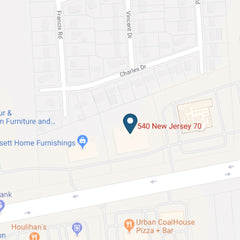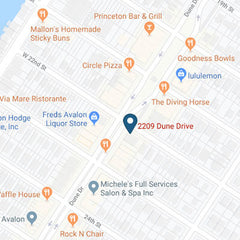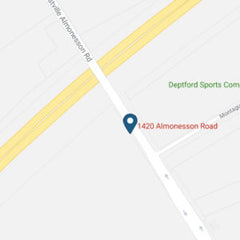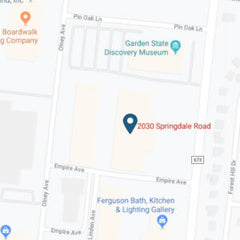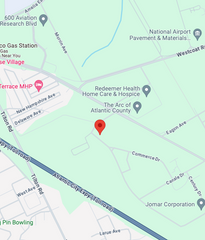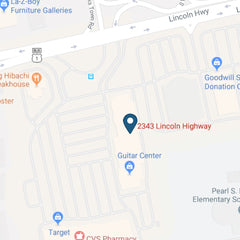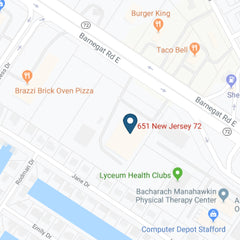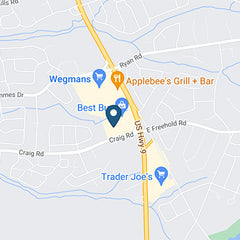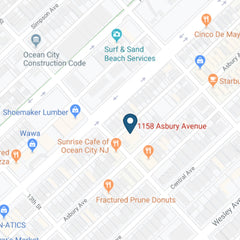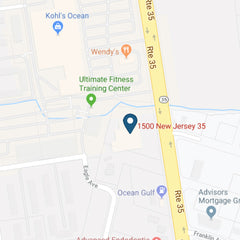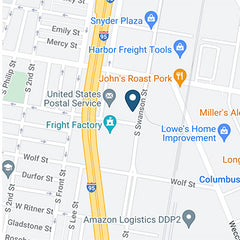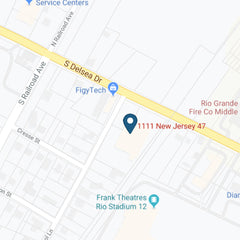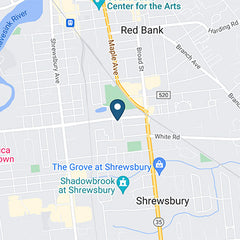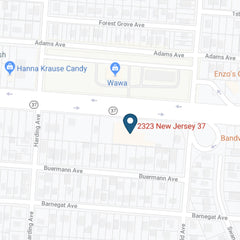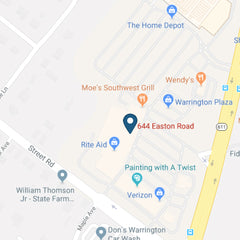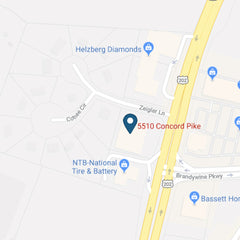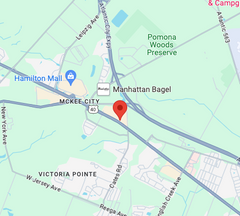The kitchen is the hub, the literal hot spot of the house. So, it's extremely important to consider all of the flooring options, like hardwood flooring for instance. Hardwood brings a warm and timeless beauty to any space it's installed, but is it right for your kitchen? Weighing the pros and cons will definitely help answer that question correctly—so let's get started!
Pros of Hardwood Floors in Your Kitchen
First, we'll start with the positive aspects of choosing wood flooring for your kitchen.
Appearance
Hardwood is undeniably one of the most attractive flooring materials for your home. No matter what your taste is, there is a species and color of hardwood that will fit your style. And by using hardwood flooring in your kitchen, it can create a seamless look between that room and the others around it.
Durability
Hardwood is a generally durable flooring material. The thick, solid construction of the planks make it easy to sand down and refinish whenever signs of wear show, which are more likely in a high-traffic area like the kitchen.
Refinishing Options
One thing that's important to use on hardwood floors, especially in the kitchen, is a highly durable polyurethane finish that will make your floors look even more beautiful and also will hold up to light spills and splatters.
Easy to Maintain
Hardwood flooring is very easy to care for and maintain, which is helpful when using it in your kitchen. All you need a is a vacuum that's meant for hard surfaces, a simple broom or a damp mop to get the job done. To learn more about how to properly clean and maintain your hardwood floors, check out our other blog here.
Cons of Hardwood in the Kitchen
Cost
Hardwood is one of the more-costly kitchen flooring options out there, especially when compared to other options like vinyl and ceramic tile.
Easy to Scratch and Dent
The softness of hardwood makes it very easy to scratch and dent. And with all that goes on in the kitchen, this can cause your floor to look older sooner than you were expecting.
Not Water Resistant
Water and hardwood are not friendly with each other. Long exposure to moisture can cause it to swell, warp or even split. And if there's ever a dishwasher or sink leak that isn't spotted right away, that section of the floor may need to be repaired or even replaced. Also, wet mops on hardwood floors can cause moisture to seep in through the joints and seams of the planks. So, that's why damp mops are better to use.
However, there are a couple options that can help with this disadvantage: engineered hardwood and waterproof hardwood—that's right, waterproof hardwood.
Engineered hardwood has layers that are designed to reduce moisture problems that are usually associated with solid hardwood. And today, thanks to incredible innovations, collections of waterproof hardwood flooring with a special sub-layer have been introduced to help us get the look of natural hardwood without worrying about splatters, pet stains and routine water spills.
So, now that we've laid out the pros and cons of hardwood flooring, you can now start really thinking about if it's the right flooring choice for your kitchen!


